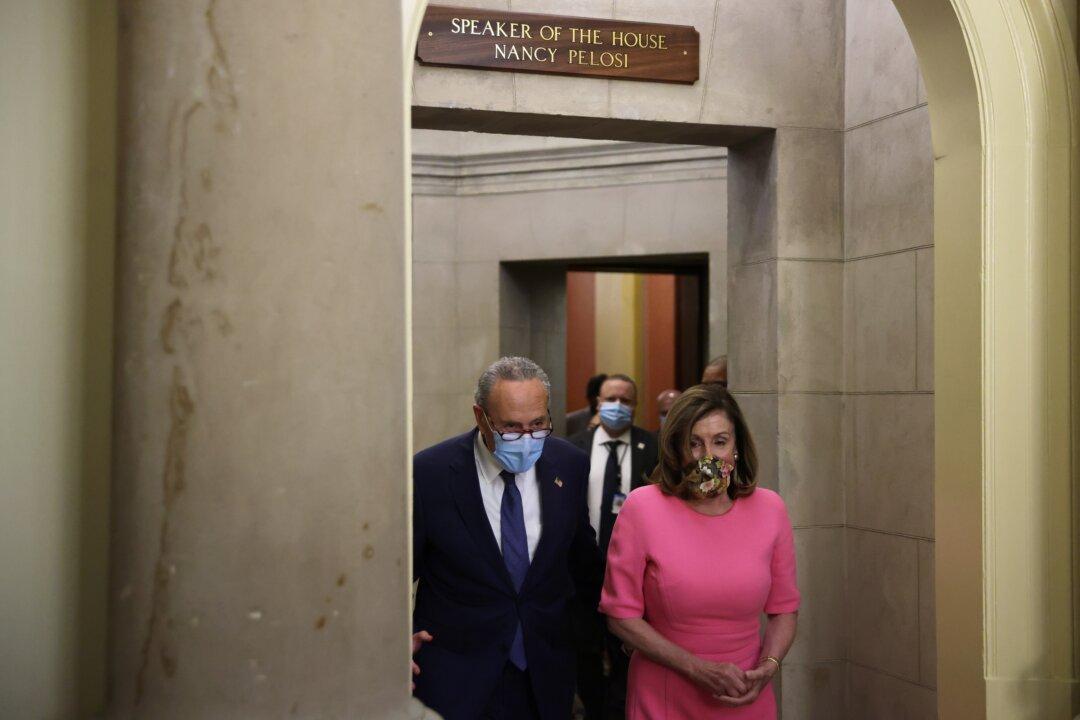Returning from their Thanksgiving break, Democrats in Congress have challenges ahead of them as the nation inches toward a Friday deadline to avert a government shutdown and a Dec. 15 deadline to raise the debt ceiling.
The first hurdle for Democrats to vault in their first week back will be to avert a government shutdown, which will come on Dec. 3, Friday, if a continuing resolution or stopgap funding bill is not passed to continue to fund the government.





